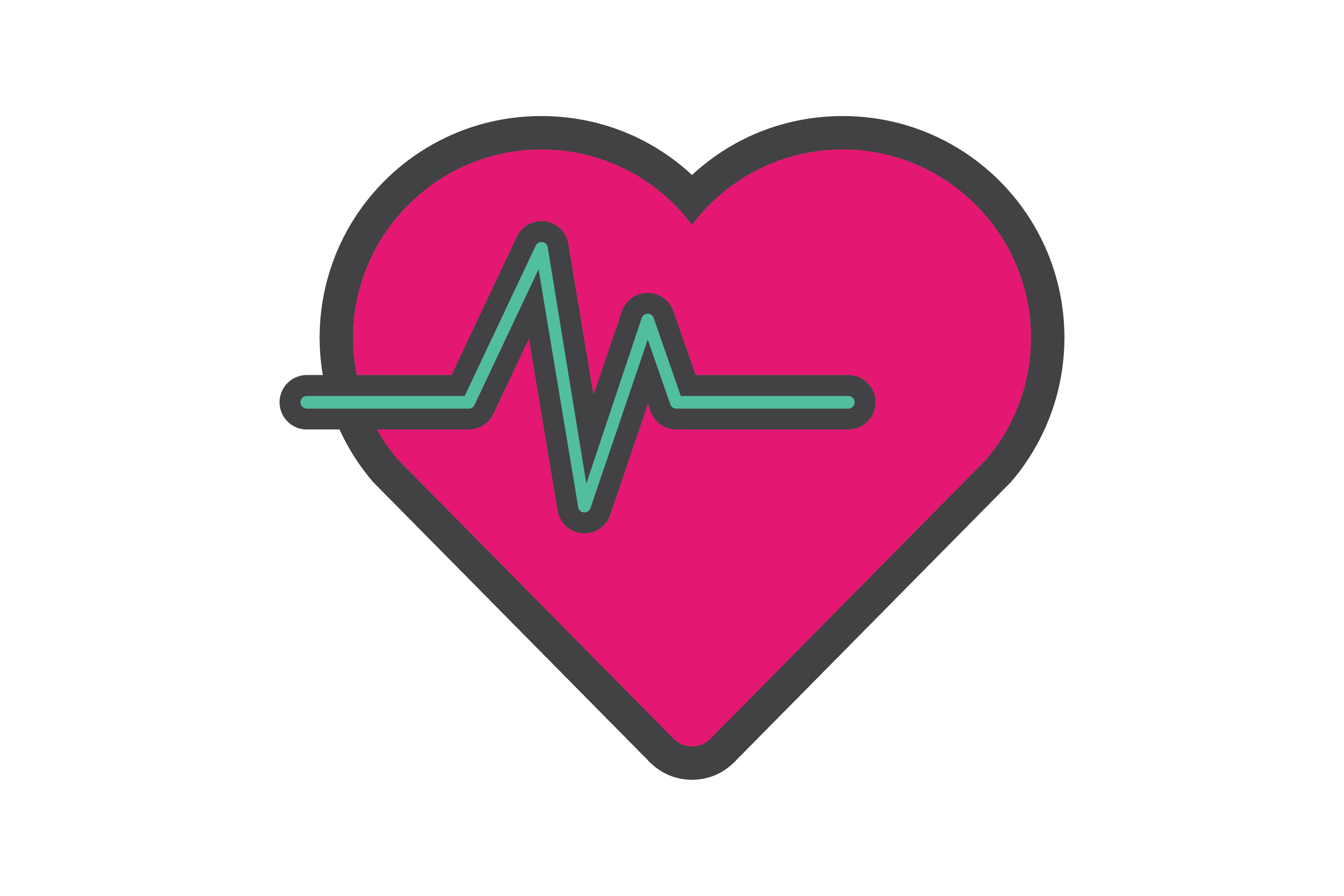Use of digital patient decision-support tools for atrial fibrillation treatments: a systematic review and meta-analysis – Aileen Zeng et al.
Atrial fibrillation (AF) is the most common cardiac arrhythmia and a key risk factor for embolic stroke and heart failure, with an increasing global burden as the population continues to age. AF treatment involves stroke prevention, symptom management, and cardiovascular and comorbidity optimisation. Treatment decisions [...]





